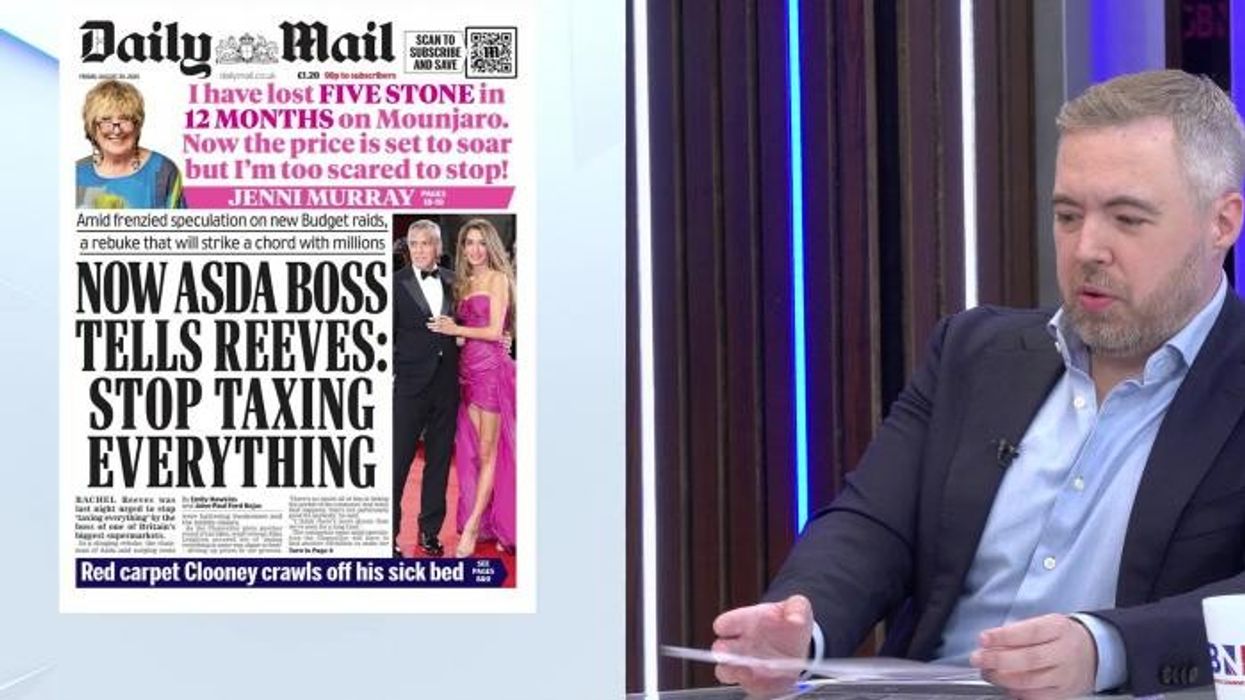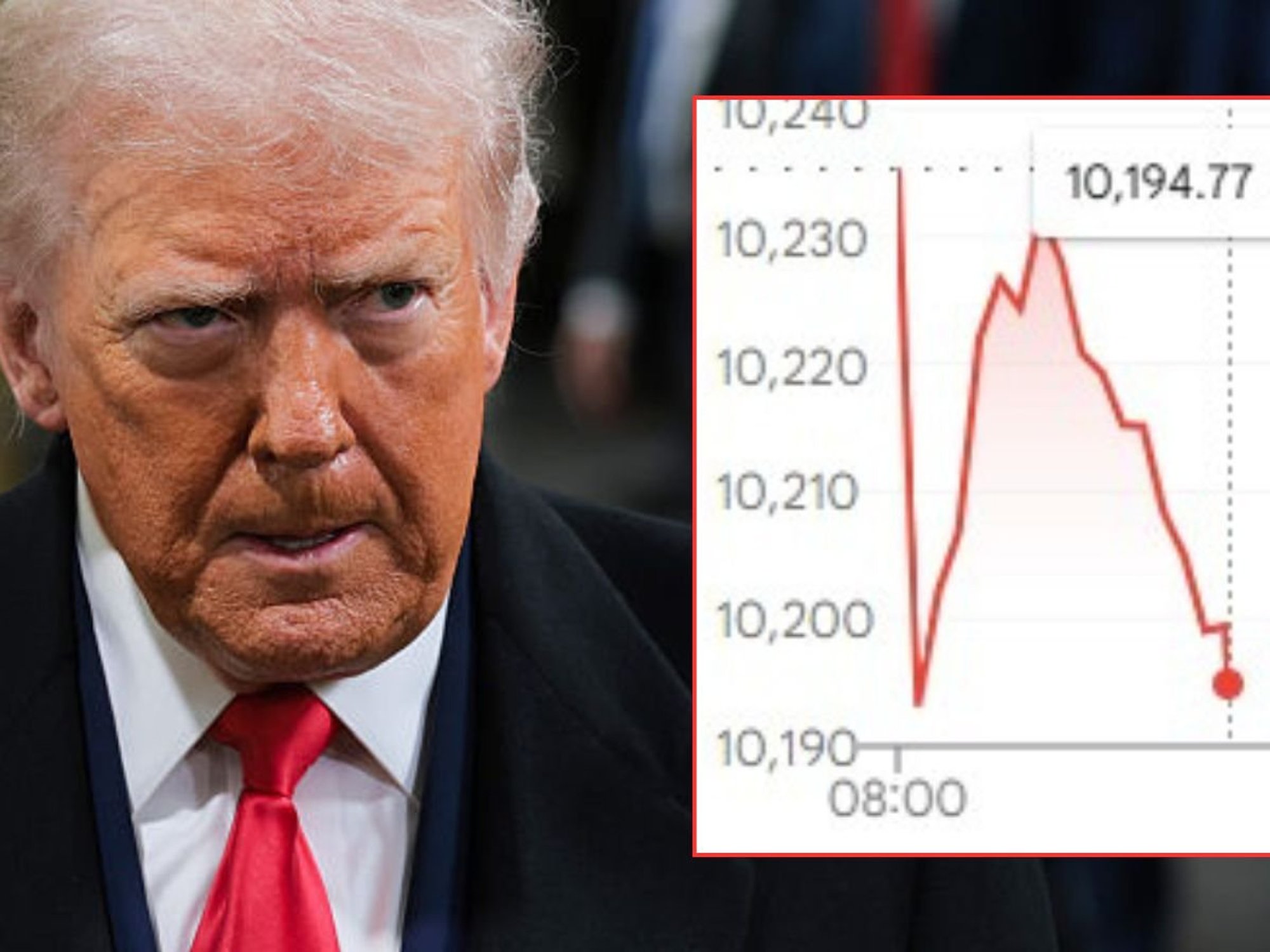Rachel Reeves urged to launch 'Thatcher-style' tax overhaul to stop Bank of England 'bungling' the economy

A leading think tank is suggesting the Chancellor implement radical changes to the economy as part of her Autumn Budget
Don't Miss
Most Read
Chancellor Rachel Reeves is being urged to consider launching "Thatcher-style" tax reforms to address the Bank of England's "bungling" of the economy.
The Institute for Public Policy Research (IPPR0 has called for a new tax on commercial banks to rectify the consequences of quantitative easing (QE).
Under QE, central banks buy predetermined amounts of Government bonds or other financial assets in order to boost gross domestic product (GDP) growth.
According to the IPPR, taxpayers are losing £22billion annually compensating the Bank of England for losses on its QE programme.
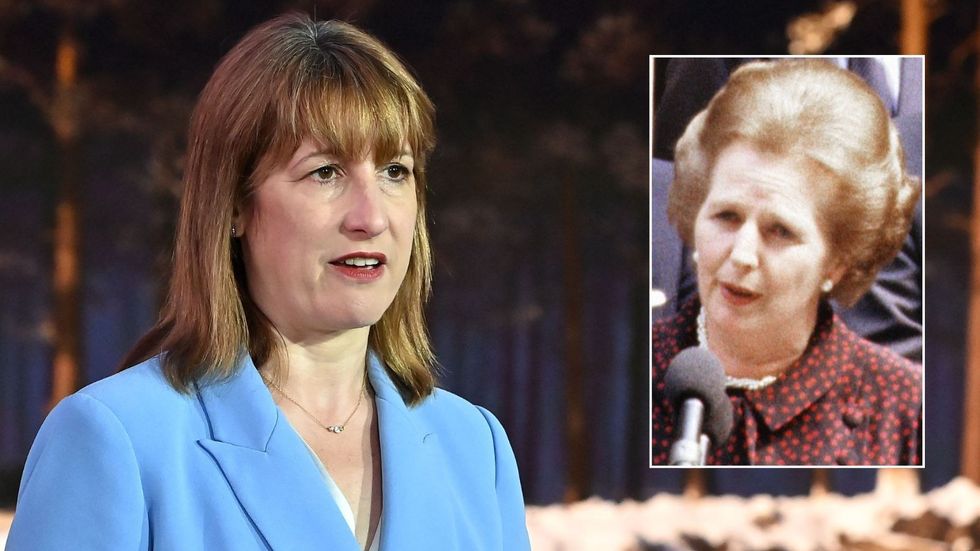
Rachel Reeves urged to launch 'Thatcher-style' tax overhaul
|PA
Concerningly, this public money is being partly being funneled to commercial bank shareholders while Britons still contend with the cost of living crisis.
As of December 2021, Britain's largest banks have experienced their yearly profits more than double since interest rates started to rise.
This is up £22billion from before the Covid-19 pandemic, which the IPPR cites as being partially a direct transfer of funds from the taxpayer to shareholders.
As part of the current arrangement, the Treasury pays the Bank for both interest rate losses and the drop in value of gilts purchased during QE.
Do you have a money story you’d like to share? Get in touch by emailing money@gbnews.uk.
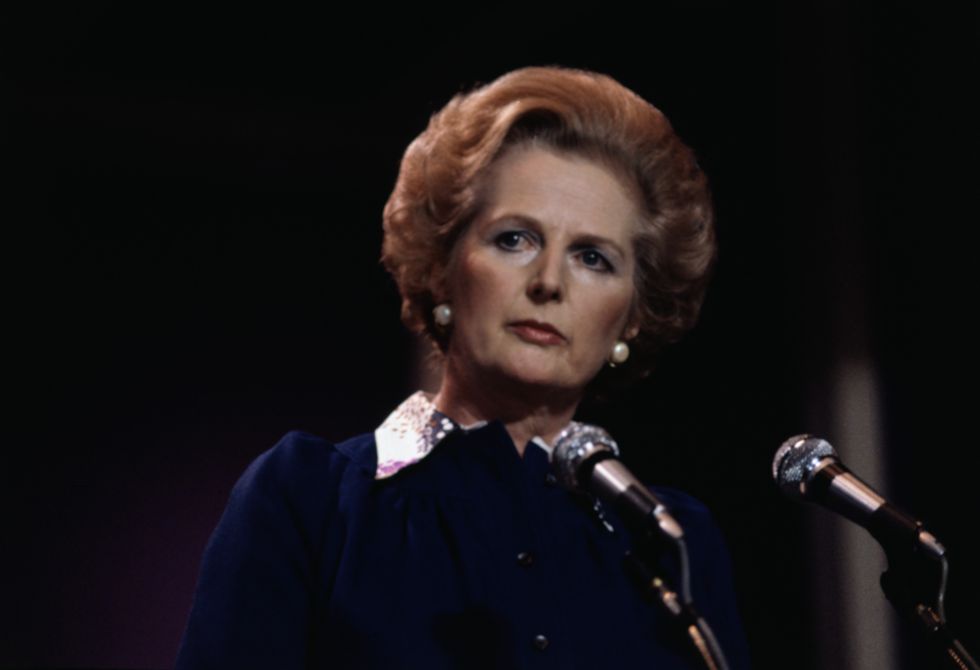 Margaret Thatcher died in 2013 | Getty Images
Margaret Thatcher died in 2013 | Getty ImagesThe think tank claims said payments primarily benefit commercial banks, and other financial institutions, which hold hundreds of billions of pounds of QE-related reserves at the central bank.
Notably, the UK appears to be an outlier compared to other countries in having its Treasury pay its central bank losses.
In order to address this situation, the IPPR has suggest the Treasury launch a QE reserves income levy on commercial banks.
This is similar to former Prime Minister Margaret Thatcher's 1981 deposit tax on banks, with the think tank's research suggesting it could save £7-£8billion annually over this parliament.
Furthermore, the organisation has proposed the Bank of England slows down quantitative tightening (QT), by halting the Bank of England’s fire sale of Government bonds to save more than £12billion a year for the Treasury.
Overall, implementing these two policies could save the British taxpayer £100billion over the course of this parliament, which could boost the Chancellor's fiscal headroom for decision-making.
LATEST DEVELOPMENTS:
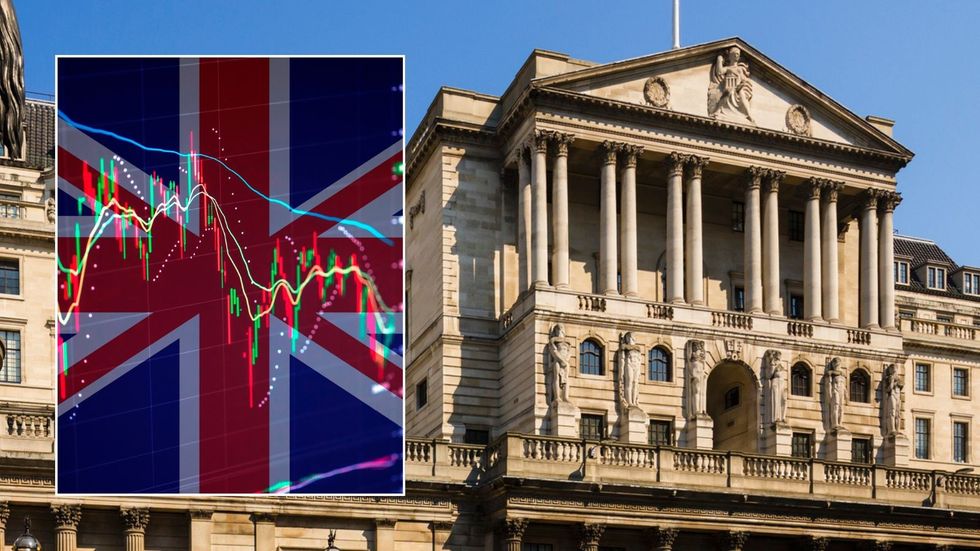
The Bank of England's QE monetary policy is coming under fire
| GETTYCarsten Jung, associate director for economic policy at IPPR, said: "The Bank of England and Treasury bungled the implementation of quantitative easing.
"What started as a programme to boost the economy is now a massive drain on taxpayer money. Public money is flowing straight into commercial banks’ coffers because of a flawed policy design.
"While families struggle with rising costs, the government is effectively writing multi-billion-pound cheques to bank shareholders.
"This is not how QE was meant to work – and no other major economy does it this way. A targeted levy, inspired by Margaret Thatcher’s own approach in the 1980s, would recoup some these windfalls and put the money to far better use – helping people and the economy, not just bank balance sheets."


